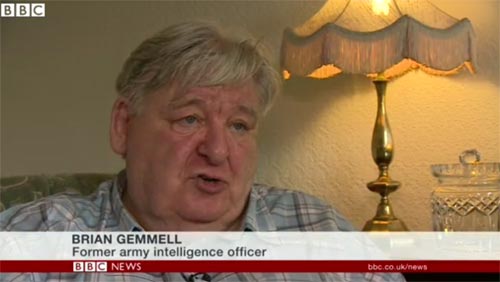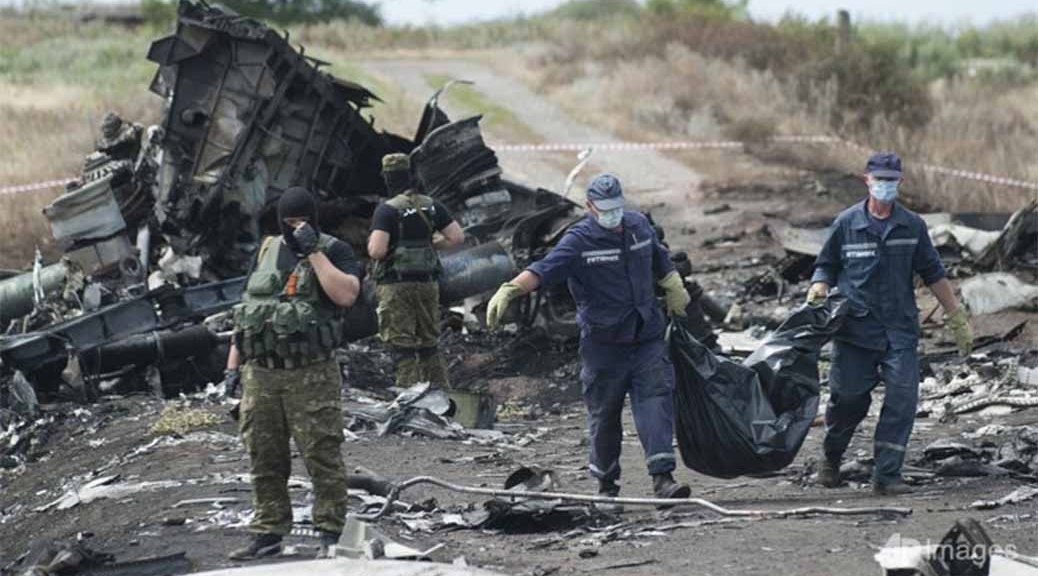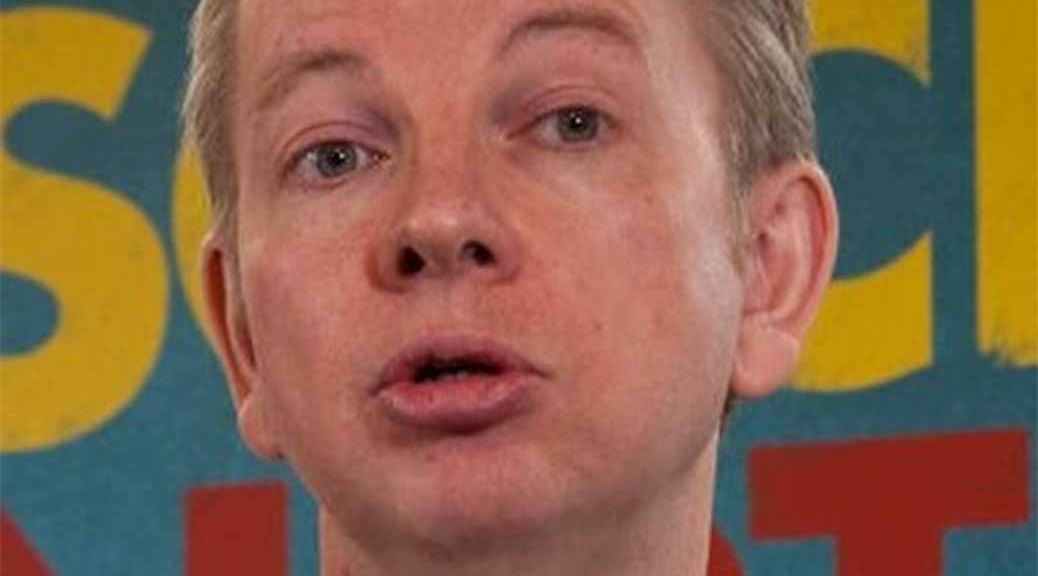I saw a video on the BBC news website yesterday that kept me tossing and turning most of the night. It’s a piece about army intelligence officer, Brian Gemmell, who was gathering information on loyalists in Northern Ireland during the troubles in the 1970s, when he stumbled across evidence of child abuse at Kincora Boy’s Home in east Belfast.

‘ A former army intelligence officer has said he was ordered to stop investigating allegations of child sexual abuse at a boys’ home in the 1970s.
Brian Gemmell said a senior MI5 officer told him to stop looking into claims of abuse at Kincora Boys’ Home in east Belfast.
He said he presented a report on the allegations to the officer in 1975.
In 1981, three senior care staff at the home were jailed for abusing 11 boys.
It has been claimed that people of the “highest profile” were connected to abuse at the home .’
Kincora abuse investigation stopped by MI5 says ex-army officer
Gemmell presented his report to the senior MI5 officer in charge of the investigation and was summoned to go and see him.
Continue reading Who are the security services protecting, the public or the elite?







